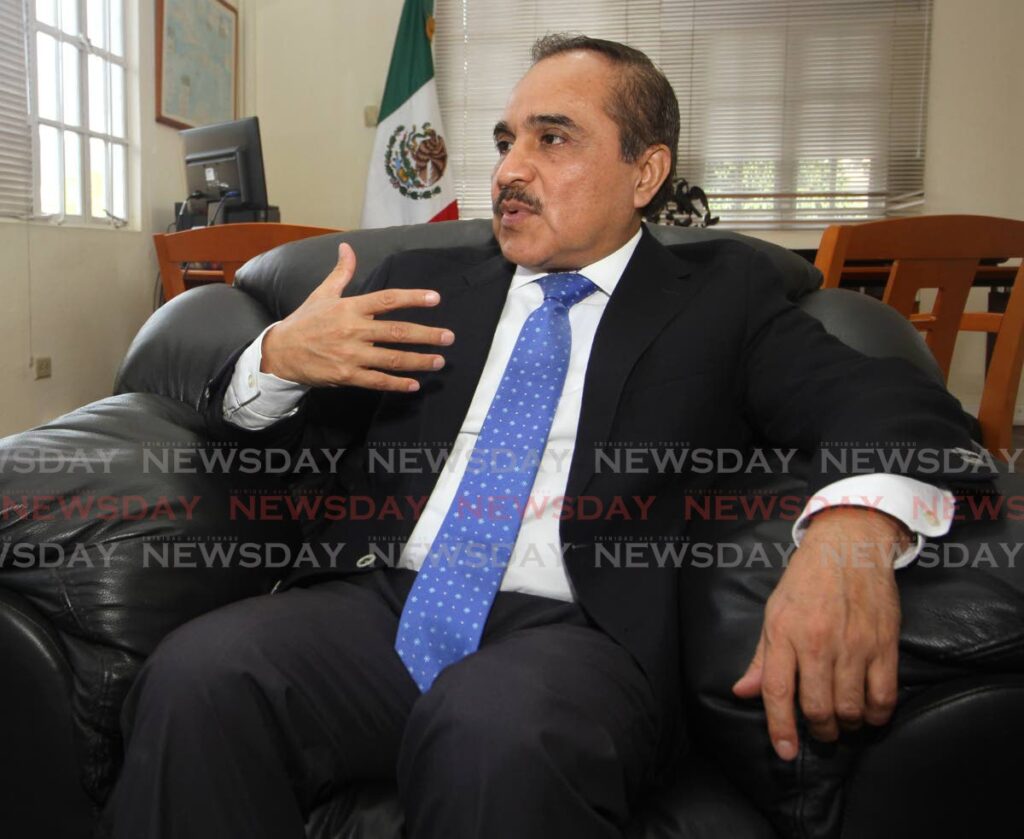Viva la Mexico

MEXICO is the largest Spanish-speaking country in the world. It has one of the largest economies on the planet. And despite the impact of covid19, supply chain disruptions, inflation, and global geopolitical instability, it remains on a pathway of steady economic growth.
So the move by that country’s government to look to the Caribbean for the purpose of promoting the outsourcing of business is one that should be taken note of by the business community.
“Nearshoring,” which is the transferring of work to nearby companies with lower costs, is more than just a buzzword in official Mexican circles.
It’s a potentially vital strategy given the ongoing re-thinking of post-pandemic globalisation in which emphasis is being placed on shorter commercial chains involving less investment.
And this could be even more key given the modernisation of trade agreements such as the North American Free Trade Agreement, which was replaced with the United States–Mexico–Canada Agreement in 2020.
“Mexico intends to make the best use of this system with these trade agreements between our country, the US and Canada, which can be used by investors from TT and the Caribbean region to continue their process of commercial growth,” said Mexican ambassador to TT, Barbados and Suriname, Victor Hugo Morales, in a recent interview.
According to Mr Morales, Mexico hopes soon to become TT’s fifth most important trading partner. It is currently our eighth most important partner, with just over two per cent of trade.
“We are especially buying methanol. It is the main product that generates a surplus for TT in trade with Mexico,” he said.
So steady has Mexican growth been that its economy has begun to absorb even more products from China, with its trade with that country increasing by 28 per cent this year.
It is also the case that Mexico is an important manufacturer of a range of products such as automobiles and appliances.
The country is also one of the world’s major oil producers. With this country still involved in that sector, a nearshoring approach might provide access for local businesses.
Mr Morales also mentioned the sale of services to support TT industry such as hydrocarbons and methanol, among others, where Mexico has proven capacity through technicians and specialists.
A longstanding symbol of the close ties between both economies is Trinidad Cement Lt, the controlling stake of which is owned by Mexican firm Cemex. Cemex has also expanded recently in Jamaica via its subsidiary the Caribbean Cement Company.
Gone are the days when such connections were viewed in a purely hostile and sceptical light.
They now reflect the global interrelationships that are vital to our economic interests, even as there are important issues such as workplace safety regulation which must be ironed out if such relationships are to work.
At the end of the day, the State must position this country to yield the most from the new relationships and concepts that are being brought to bear on our traditional trade pathways. This is vital for our diversification.


Comments
"Viva la Mexico"